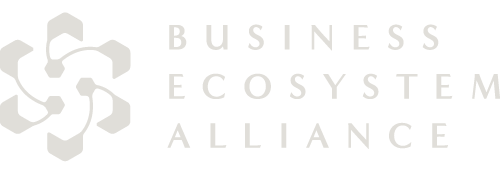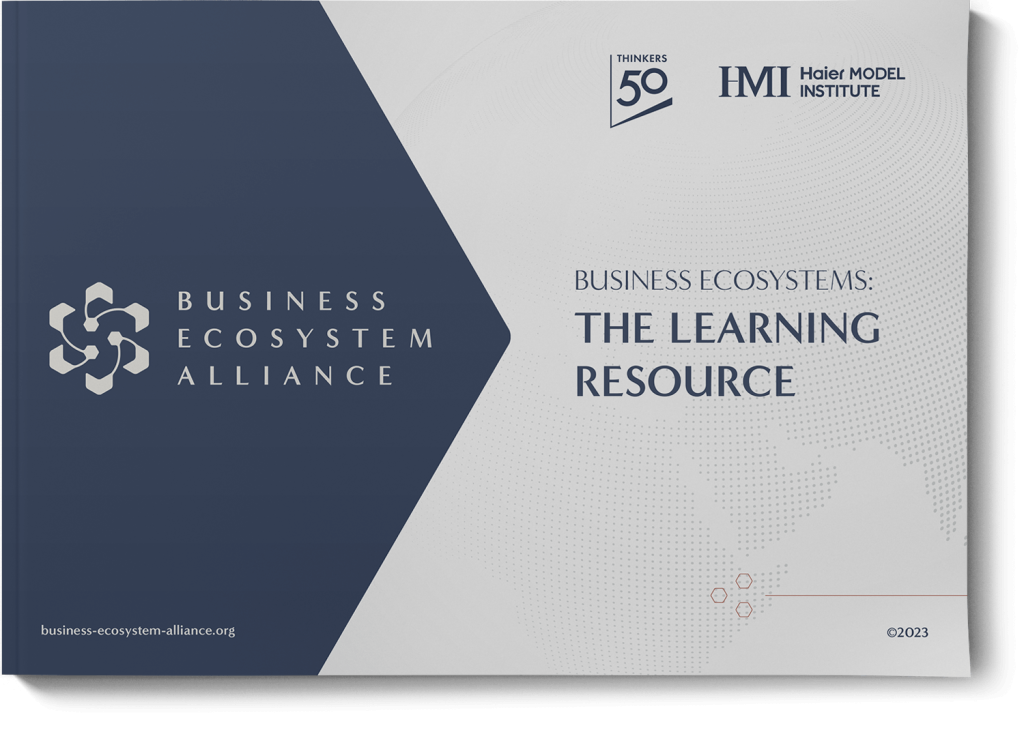
Celebrating Zero Distance Excellence
About the Awards
In 2020 the Business Ecosystem Alliance (BEA) launched the Zero Distance Awards. The awards identify and celebrate the work of organizations throughout the world in eliminating the distance between their employees, their operations and their customers. The ZeroDX Awards builds on the success of the Zero Distance Awards which BEA launched in 2021. It celebrates the organizations leading the way in putting the concept to work.
About Zero Distance
The concept of Zero Distance was introduced by the Haier Group. It emphasises the connection between the business and the end-user or customer. This has become central to the management model of the Internet of Things era.
The ZeroDX Awards for 2024 celebrate achievements by organizations in three categories:
Transformational
One of the great organizational challenges is shifting the culture and behaviour of an already existing large entity which may be highly successful. To succeed in changing individual habits, organizational systems, expectations and measures, is an act of true transformation. These awards recognise organizations which are in the process of, or have succeeded in, achieving major progressive transformation.
Benchmark Innovators
Through their vision, values, strength, and persistence, some organizations successfully forge new standards for the application of progressive management. They set the standards which others follow. They are the benchmark innovators.
Emergent Excellence
Each change in an organization is significant. It can make a difference to how people behave and how the organization performs. And, more importantly, one change can ignite another and another. An appetite for improvement, a curiosity to do things better and differently, is what marks some organizations apart from the crowd. These are organizations which demonstrate, often repeatedly, the capacity for emergent excellence.
Winners 2024
Transformational
ASA Group
ASA Group is a metal packaging company with production sites across Europe, specializing in tinplate steel cans and employing 500 people. The company is implementing micro-enterprises and ecosystem micro-communities that have full autonomy to decide their strategy, goals, investments, and profit-sharing, and coordinate activity with group functions via internal contracts.
Bosch Mobility Platform and Solutions (MPS)
Bosch MPS is a global business unit that has reimagined its organizational structure to support multiple actors in the mobility sector. Bosch MPS adopted a micro-enterprise model where employees are encouraged to act as entrepreneurs within an organization that functions more like an incubator than a traditional company.
Fujitsu Europe
Fujitsu Europe, a division of the global technology company, created tens of autonomous microenterprises in 2020 with the freedom to make quick decisions, target new markets, and manage their own hiring and deals. Within a year, this move increased employee engagement by nine points, flipped customer Net Promoter Scores from negative to positive, and boosted revenue growth.
Ingersoll Rand
Ingersoll Rand is a global industrial manufacturing company that produces pumps, compressors, and other industrial products. Over the last 5 years, the company has embarked on a remarkable journey of entrepreneurship at scale: employees now receive substantial equity ownership and take part in hundreds of empowered cross-functional teams called 'boards of directors' which have generated over three billions of dollars’ worth of value.
Raízen
Raízen is an integrated Brazilian energy company with 46,000 employees, operating across the entire bioenergy production chain. Over the last year, Raízen created empowered, end-to-end teams and processes to better serve its largest fuel station customers, resulting in a 36% reduction in service times, a 40% increase in customer loyalty scores, and less bureaucracy (e.g., hiring times shrank from 46 to 7 days).
SeamosUno
SeamosUno was a ‘liquid organization’ founded in Argentina during the COVID-19 pandemic to rapidly distribute food to those in need. They revolutionized crisis response by aligning 300+ companies, religious and social entities, and state agencies in a networked management model, eliminating hierarchy and allowing autonomous units to work at unprecedented speed and scale - distributing 60 million food rations to over 1 million families in less than five months.
SD Guthrie
SD Guthrie is one of the world's largest producers of certified sustainable palm oil, with operations in over 90 countries. The company has shifted to a customer-focused ‘One-Stream’ model, empowering cross-functional teams to act autonomously across functions in delivering new customer value.
VAR Group
VAR Group is an international system integrator with over 3850 employees across 13 countries, supporting companies in their digital evolution. In 2023 the company kicked off a journey to become a ‘platform organization’ and began implementing small, independent business units called micro-enterprises with their own profit and loss responsibilities, shared service platforms to support these units, and ecosystem micro-communities to foster collaboration between teams, all inspired by Haier's RenDanHeYi model.
Benchmark Innovators
Buurtzorg
Buurtzorg is the leading Dutch home-care organization in the Netherlands. Buurtzorg’s hyperflat structure of 10,000 nurses working in 1,000 managing teams has made this non-profit one of the world’s most cost-effective healthcare providers and helped it achieve peer-beating patient satisfaction scores.
Hoxby
Hoxby is a community-based B-Corp (business balancing profit with social impact) delivering creative and strategic services with a distributed workforce across 43 countries. At Hoxby, associates work according to their own ‘workstyle,’ organizing around client needs with full autonomy and participating in a profit-sharing scheme.
Morning Star
Morning Star is America's largest and most efficient tomato processor, based in California. At Morning Star, there are no managers or job titles; instead, employees create ‘Colleague Letters of Understanding’ with each other, defining their roles and responsibilities.
SINA
SINA is a social enterprise in Africa that empowers marginalized youth and refugees to become social entrepreneurs. At SINA, participants practice ‘freesponsibility’, combining freedom and responsibility to create their own curriculum and launch social enterprises within a self-organized community.
Emergent Excellence
Chorus Australia
Chorus Australia is a not-for-profit organization providing aged care, disability support, and mental health services across Western Australia. At Chorus, 20 small, self-sufficient teams operate autonomously, making decisions tailored to the needs of their local communities, guided by five key principles including 'Everyone can thrive' and 'Teamwork sustains kindness'.
Codewave
Codewave is a design-led technology development services company that has completed over 400 digital transformation projects globally. At Codewave, teams operate under a self-management framework known as 'BeYourOwnBoss', with full autonomy within predefined boundaries and responsibility for their own P&L.
Epoch
Epoch is a high-tech design and manufacturing company with operations in California and China, employing about 180 people. At Epoch, employees work in fluid, customer-centric teams organized into three waves, with roles replacing traditional job descriptions and profit-sharing based on loyalty, responsibility, and peer evaluations.
ET Group
ET Group is a Canadian company specializing in designing and implementing hybrid workplace solutions, with over 100 employees. At ET Group, 50% of employees collectively own 25% of the company, teams self-organize around specific domains, and employees set their own salaries through a structured advice process involving peer feedback.
Everest Engineering
Everest Engineering is a technology services company serving Southeast Asia and Australia with about 250 employees. At Everest Engineering, the organization is structured into business units based on customers' lifecycle stages, each led by two managers to ensure cultural alignment and time zone coverage.
Gaiax
Gaiax is a publicly listed company in Tokyo with about 150 employees, operating as an ecosystem of businesses and entrepreneurs. At Gaiax, business divisions consist of about 10 members each, with a 'carve-out option system' allowing division leaders to incorporate their business into a separate entity and receive up to 50% of the shares as stock options.
High Peak
High Peak is a venture within Prudential Financial aimed at commercializing Prudential assets externally. At High Peak, teams conduct deep ethnographic research to understand customer needs and use AI-enabled underwriting models to solve critical pain points in healthcare and long-term care expense planning.
HR-ON
HR-ON is a Danish IT company specializing in Software as a Service solutions for human resources management. At HR-ON, employees enjoy the freedom to decide on working hours, vacation time, and parental leave without limitations, while teams operate autonomously with coordinators facilitating communication instead of traditional managers.
Latro
Latro is a chemical solutions company based in Istanbul with over 50 employees, operating without traditional hierarchies, managers, or titles. At Latro, autonomous teams called 'hubs' function like startups, with each hub responsible for its profit and loss, and financial information, including salaries, transparently available to all employees.
Mindera
Mindera is an international software engineering company with over 1,000 employees operating globally. At Mindera, there are no traditional hierarchies or rigid organizational charts; instead, the company promotes a network-shaped structure where everyone is encouraged to take ownership of their projects and make decisions through an advice process.
Net Protections
Net Protections is a Buy Now, Pay Later company in Japan, serving a significant portion of the Japanese population. At Net Protections, traditional management roles have been replaced with 'Catalysts' who support team development, while employees work autonomously and self-manage their responsibilities using a shared and transparent evaluation system.
Rebel Energy UK
Rebel Energy UK is a purpose-driven energy provider focused on supporting vulnerable customers and contributing to environmental sustainability. At Rebel Energy, the company operates using a system of circles and roles rather than traditional hierarchical job titles, with employees empowered to move between roles and circles based on their interests and skills.
Sonicgarden
Sonicgarden is a software development firm in Japan with about 60 employees, operating without traditional hierarchies or managers. At Sonicgarden, teams have full autonomy to work directly with clients under a fixed monthly fee model, allowing for continuous development and improvement of solutions tailored to client needs.
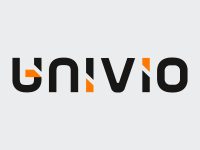
Univio
Univio is a digital commerce transformation company based in Poland, employing nearly 500 professionals. At Univio, teams operate autonomously within a network-of-teams structure, with employees enjoying the freedom to make decisions independently and collaborate closely with clients, guided by a culture of trust and continuous improvement.
Walter Pack
Walter Pack is a Spanish company specializing in functional decorative parts for the automotive, electronics, and home appliance industries, employing over 400 people. At Walter Pack, traditional hierarchies have been abolished in favor of autonomous teams organized around four main technologies, with 30% of profits shared among employees in the Spanish subsidiaries.
What does it mean to win a Zero Distance Award?
“For us, Zero Distance means having no barriers for front-line staff to interact directly with our clients and being able to respond as they wish without needing any approval. We certainly plan to continue to ensure there are no organisational barriers that separate our people from our clients.”
“It’s a great moment for Jaipur Rugs to win the Zero Distance Award and a testimony to our philosophy of connecting the weavers directly with the end consumers. I feel more confident than ever that our vision of democratizing the carpet value chain, by eliminating the middlemen to empower both the weavers and the end consumers, has been recognized by the Business Ecosystem Alliance.”
“Winning the Zero Distance Award means that our transformation is working. It was only four years ago when we read for the first time about RDHY and its Zero Distance principle. In 2020, we confirmed the power of Zero Distance as a business driver that’s enabling our very successful performance. We have taken the Zero Distance concept to a totally new level, applying it to every single angle of our work.”
“Winning the Zero Distance Award is a source of great pride. External recognition is always a boost for confidence and a sign that our organization is moving in the right direction. We have been pushing for a customer-obsessed mindset in our organization. Zero Distance means that we are putting the customer at the heart of our organization and that we are more agile and more responsive to the customer’s requests and needs.”
“Government needs to improve the way it engages with citizens, taking the lead from business best practice. Ideas such as Zero Distance from customers, organizational agility and the lean start-up movement all have lessons for government. Taken to its logical conclusion this might even mean that every citizen has their own account manager – even if that account manager is an algorithm or AI-inspired bot or avatar.”
